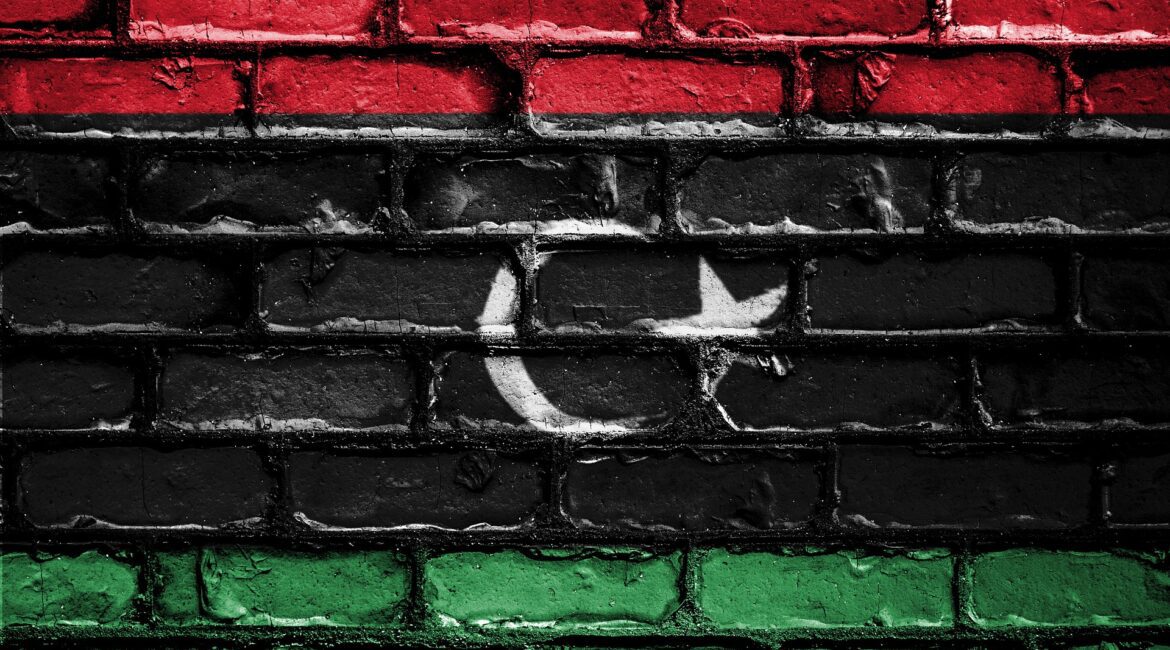Ten years after colonel Muammar Gaddafi's death, on October 20, 2011, Libya was plunged into political instability and a decade of violence. His descendants were all killed, excepting his son Seif Al Islam, who is considered in the West as a reformatory, capable to democratize and liberalise the country. On November, 2011, he was caught by an armed group in the Libyan south-western town of Zenten and sentenced to death in 2015, by an expeditious court. However, he was released in 2017 and recently has announced his return on the Libyan political scene.
In an interview to the famous American magazine New York Times, Seif Al Islam expressed his belief that his movement could restore "the lost unity" of the country.
Analysts consider that, in the far future, it is very likely that, one day, a Gaddafi will accede the power in Libya, but not in the in-coming December, 2021 elections.
Gaddafi tribe and Seif Al Islam particularly seem to be popular among nostalgic Libyan people and a part of former Jamahirya's officials, frustrated by the country's chronic instability and its rapid descent towards economic chaos. And the same feelings are still shared by the young generation, who was not mature during Gaddafi's regime
Otherwise, Seif Al Islam seems to be also a political option for certain foreign actors in the Libyan conflict, such as Russia, which had always good political, military and even economic relations with Gaddafi's clan and, at present, could try to support or rather enforce a return to a family governance.
But supposedly arrived in power, Seif Al Islam would difficultly control the violence on whole country's territory, because its present fragmentation. He surely has to acknowledge that currently Libya is much more complicated that it was in 2011, at the moment of his father’s death.
Seif Al Islam Gaddafi soon in power?

